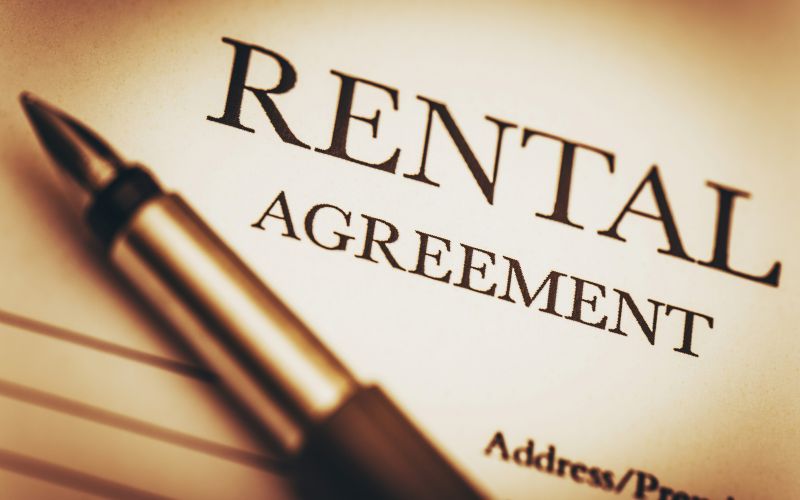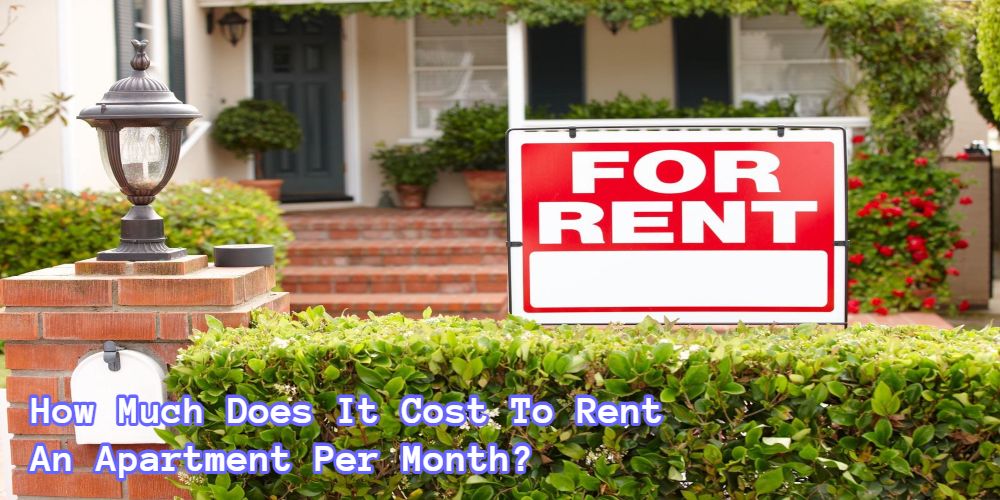Last Updated on May 8, 2024 by Kelvin Nielsen
Just because you are on a month-to-month lease doesn’t mean you have fewer rights than the one on a fixed-term lease. Georgia law (GA Code Title 44 Chapter 7) grants all tenants equal rights (and responsibilities).
Below are answers to commonly asked questions regarding tenant rights on a month-to-month lease.
What Rights Do Tenants on a Month-to-Month Lease Have in Georgia?
Before enjoying these rights, you must have a valid lease with your landlord. Under Georgia law, a landlord and a tenant can establish a lease in either of three ways.
- Through a written agreement
- Verbal agreement
- If the landlord accepts a payment as rent
Once you’ve established a lease through either of these methods, you automatically obtain the following rights under Georgia law.
Right #1: Live in a habitable home.
As a tenant in Georgia, you obtain the right to live in a home that meets the state’s basic health and safety codes. The state’s warranty of habitability is governed by Georgia Annotated Code, § 44-7-13.
The warranty outlines all the requirements that make a unit fit for human habitation. At the state level, your landlord must provide you with the following amenities, lest it becomes uninhabitable.

Your city or county codes may also require your landlord to provide additional amenities. So, make sure to check those, too.
Right #2: Live in peace and quiet.
Your landlord cannot barge in unannounced. The implied warranty of quiet enjoyment guarantees you the right to peace and quiet once you become a renter in Georgia.
The landlord must meet three criteria before they can enter your rented premises. One, they must enter only for legitimate reasons. For instance, to inspect the unit, respond to an emergency, or show the unit to prospective renters or buyers.
Two, the landlord must enter only during normal business hours. While GA law doesn’t specify what exactly is “normal working hours”, this is broadly assumed to be between 8 am and 5 pm during weekdays. The lease may have specific provisions.
And three, the landlord must provide you “reasonable notice” outside of emergencies. Check the lease for any advance notice requirements.
Right #3: Exercise certain rights without being retaliated against.
You obtain the right to exercise certain rights without being retaliated against by the landlord. For example, the right to:
- Form or join a tenants’ union to advocate for your rights.
- Report the landlord to the local health agency due to habitability violations by the landlord.
Your landlord cannot seek revenge or retaliate against you for exercising such rights. They cannot, for instance, try to evict you, raise your rent, or discriminate against you. That would be illegal!
Right #4: A fair eviction process.
Your landlord must follow the proper eviction process when trying to evict you from the property. They cannot just wake up one day and decide they no longer want you as their tenant. They must follow the law to the letter!
Including, having a legitimate reason for eviction, filing a lawsuit, attending court hearings, and obtaining the court order. From start to finish the process can take between one to three months.
Right #5: Equal and fair treatment.
Your landlord cannot discriminate against you, whether during the screening process, responding to repairs, or during any other interaction with you. They have a legal obligation to treat your fairly and equal based on 7 protected classes as per the Federal Fair Housing Act.
The classes are: race, color, religion, sex, nationality, familial status, and disability.
Can a Landlord Terminate a Month-to-Month Lease in Georgia?
Either party can terminate a periodic lease by serving the other a proper notice. But unlike most other states, landlords and tenants have different notice requirements.
For all other periodic notices, except in week-to-week leases, the landlord must serve the tenant a 60 days’ advance notice. There is no statute requirement to terminate a week-to-week lease.
On the other hand, tenants only need to provide tenants with a 30 days’ advance notice. This is regardless of the length of the lease term.
That said, if you are on a fixed-term lease, the landlord must wait for the entire period to end. This can be between 6- and 12 months. During this time, they cannot alter any terms of the lease, such as raise rent or terminate your lease. Unless, of course, the lease allows for such a provision.
Conclusion
As you can see, tenants on a month-to-month lease enjoy quite a lengthy list of rights under Georgia law. Knowing your rights can help you protect yourself against possible landlord exploitation and ensure fair treatment.
Disclosure: The content herein isn’t a substitute for advice from a professional attorney. It’s only meant to serve educational purposes. If you have a specific question, kindly seek expert attorney services.
Sources: GA Code Title 44 Chapter 7, Warranty of Habitability in Georgia, Fair Housing Act, Georgia Commission on Equal Opportunity,

Hi, I’m Kelvin Nielsen, an experienced landlord and accomplished real estate lawyer. My focus is on answering your questions about renting in the hopes of making your life as a renter or a landlord a bit easier.







